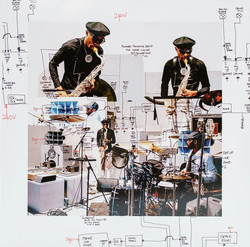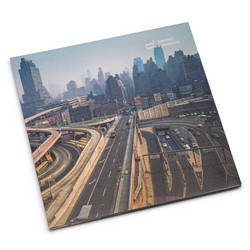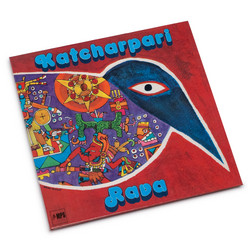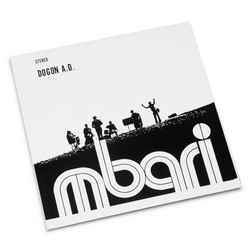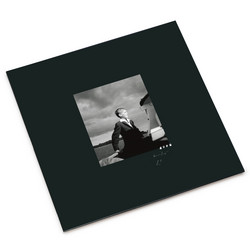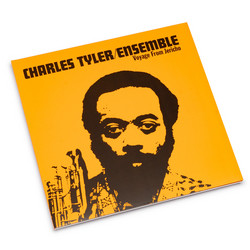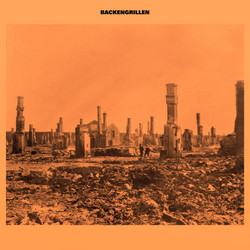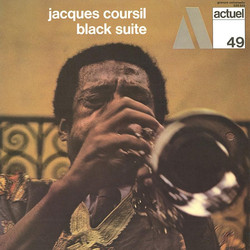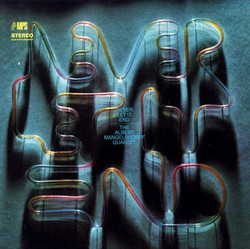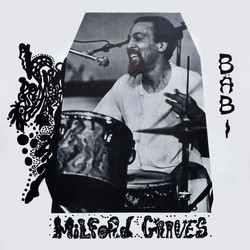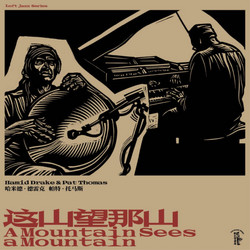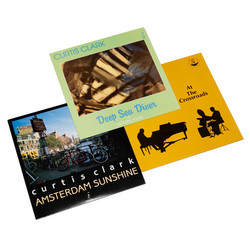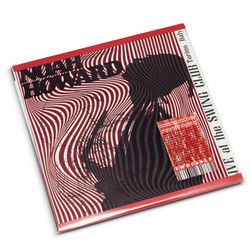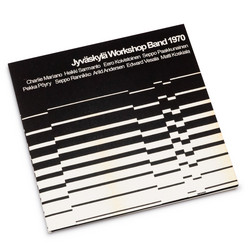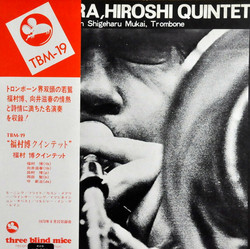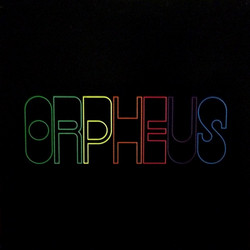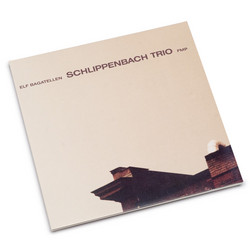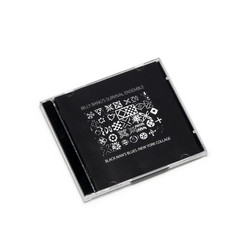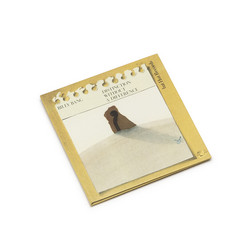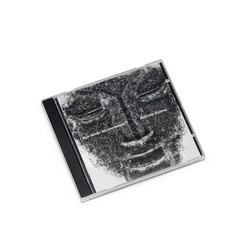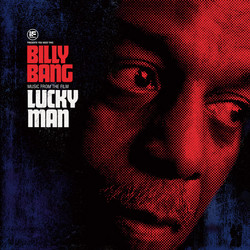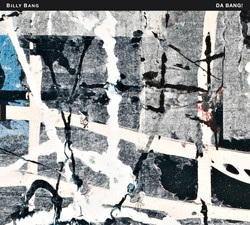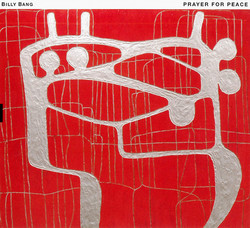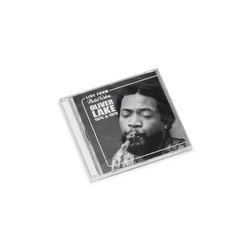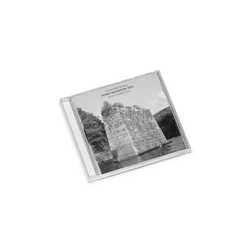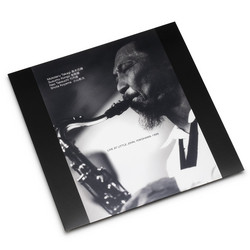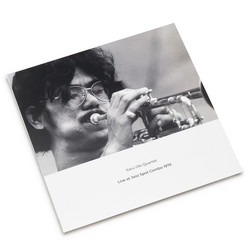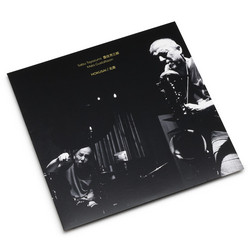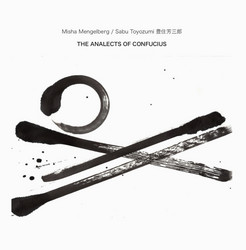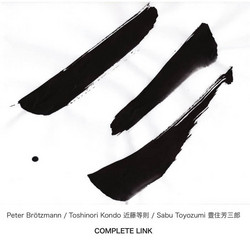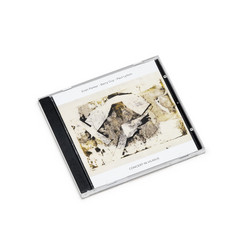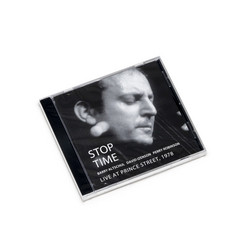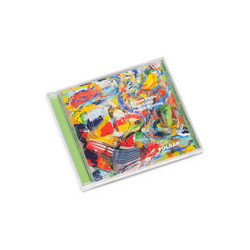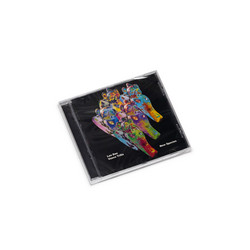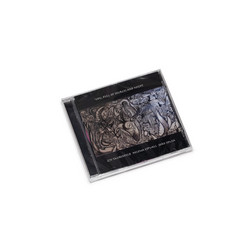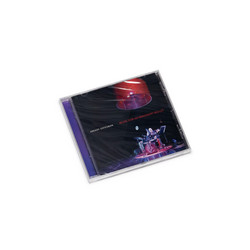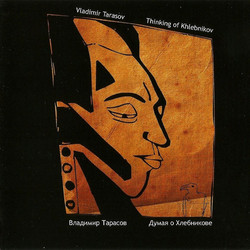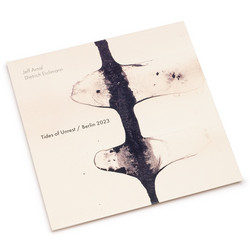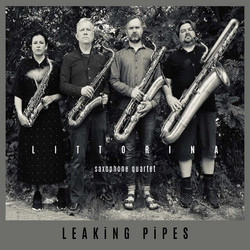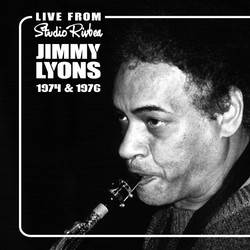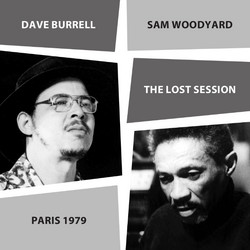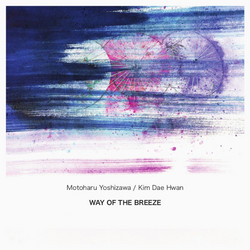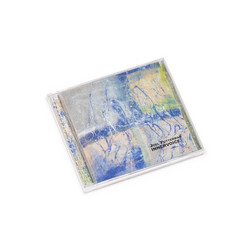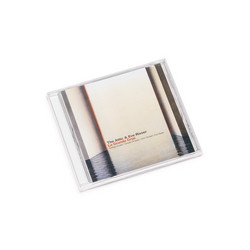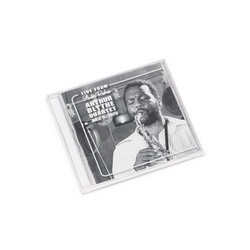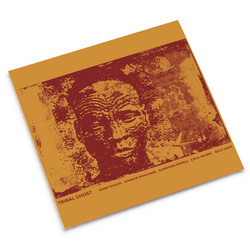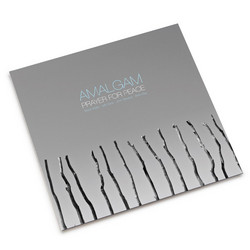With Black Man's Blues / New York Collage, the Lithuanian based No Business label presents another thrilling installment in its invaluable documentation of the New York loft jazz of the 1970s, following on from 2010's acclaimed Muntu Recordings Box and Commitment: The Complete Recordings 1980-1983. Featured artist this time out is the late violinist Billy Bang, who died of lung cancer in April 2011, while this issue was in preparation. Like its predecessors, this double CD presentation comes with an attractive and informative booklet penned by the insightful Ed Hazell.
Bang stretches out on two live performances with his Survival Ensemble in a package uniting his first date as a group leader with a previously unreleased session from a radio broadcast some 12 months earlier. Both sets spotlight the youthful rhythm section of bassist William Parker and drummer Rashid Bakr (now known once more as Charles Downs) as well as little known saxophonist Bilal Abdur Rahman.
What we have here is a vital slice of loft jazz history. While the visceral excitement pegs this as fire music, none of the pieces are straightforward blowing vehicles. It's clear that the Survival Ensemble was dedicated to collectively examining novel structures for its expression, and most of the time, Bang's violin and Rahman's tenor are heard in exuberant unison, especially on the first disc. Frequent recitations announce an overt political agenda of black nationalism and post-Vietnam radicalization, though it didn't play such an explicit role for much longer in Bang's oeuvre.
Bang's rhythmic drive is much in evidence, though he had yet to unleash the soaring melodic swing which came to define his work over the years. Consequently, high energy is the most prominent aspect of his playing, with pyrotechnics and hypnotic dissonance never far away. Rahman, who soon after disappeared from view, reveals himself to be a combustive presence with a strong sense of line and dynamics, whether gruffly insistent or passionately overblowing. Even this early in his career, Parker demonstrates an unrivalled ability to fuel long form improvisations with a stream of non-repeating patterns and expressive bow-work, while Bakr forms a responsive foil for the bassist and maintains an undemonstrative but effective roiling undercurrent.
Although each track on Black Man's Blues includes a poem, either from Rahman or Bang, there is more than enough incendiary excitement to keep the most poetry averse jazz fan happy. On "Albert Ayler/Know Your Enemy," after the violinist's spoken word introduction over bass and percussion, tenor saxophone and violin develop a simple staccato line into a high octane interchange, with Parker bowing furiously to an intense crescendo. Yet more coruscating interludes grace the lengthy "Ganges/Enchantment/Tapestry," the highlight of the set, which comprises a suite of compositions by the bassist, starting with overlapping duets for first Rahman's thoughtful tenor and Bakr's rumbling drums, then spidery arco bass and pizzicato fiddle. Both Rahman and Bang get a chance to shine separately on the title track after some theatrical sermonizing, before a screaming conclusion. Though raw and unvarnished, with some slightly raggedy unisons, this is heady stuff and a real find.
Out of print for many years, New York Collage makes a welcome appearance on CD. Recorded in May 1978, the Survival Ensemble was already tighter, in spite of expansion to a sextet with the addition of Henry Warner's alto saxophone and Khuwana Fuller's congas. "Nobody Hears The Music The Same Way (Dedicated to John Coltrane)" starts with a theme comprising a sequence of repeated motifs, typical of the time, before opening into a swirling free for all, a series of solos and an eventual return to the opening gambit. "For Josie Part II" suggests that the lady in question might have a stern, even dour demeanor, before the drifting soundscape metamorphoses into a seething brew. "Illustration" boasts the only reading of the session, with Bang declaiming over a bass groove and riffing horns. Rahman's "Subhanallah" makes for a rabble rousing closer, with a wailing mass of feral horns and see-sawing bass. Bang was never quite this wild on disc again, making this double dose a piquant memorial to the departed violinist, as well as yet another fascinating chronicle of a largely unsung era.
